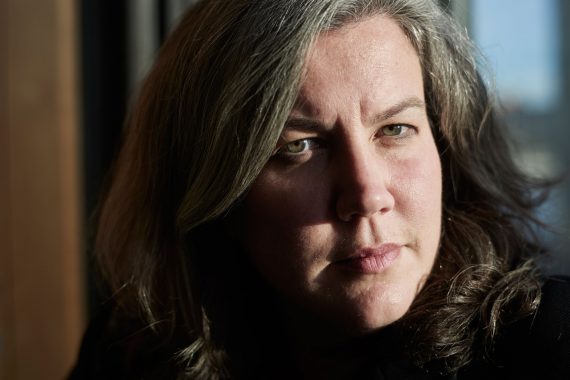Shadow health secretary signals support for routine Saturday GP opening

Exclusive The shadow health secretary has said ‘there is demand’ for Saturday GP opening, but criticised Government plans for practices to open on Sunday, in her first major interview on primary care since taking the role.
Heidi Alexander, who has been in her new appointment for five months, said that she supported flexibility when it came to GP appointments but pointed out that demand probably did not exist for a seven-day-a-week service.
In a wide-ranging interview, she also told Pulse that primary care has been ’under staffed, under resourced, under prioritised’, and that she would increase the proportion of NHS spend going in to primary care.
Ms Alexander was given the role of shadow health secretary in September 2015, having had a central part in the fight against the closure of Lewisham Hospital by health secretary Jeremy Hunt.
So far, much of her time in the role has been focused on secondary care, most notably the junior doctor contract row, and hospital rationing.
But in her first major interview on primary care, Ms Alexander said that she was dubious about the Government’s plans for GP practices to open on Sundays for routine access – although she did support Saturday opening.
She said: ‘Undoubtedly there is demand amongst the public to be able to see their GPs on the evenings during weekdays and probably on a Saturday as well.
‘I’m not totally convinced that people want to be seeing GPs at teatime on a Sunday. I do think we need to improve access and that is a priority but whether there is that demand for Sunday evening appointments I’m not so sure.’
Referencing Pulse’s investigations on the issue, she added: ’I think some of the pilots have actually been abandoned because the demand wasn’t there.’
Ms Alexander also said she believed in the principle of patients being able to get a GP appointment within 48 hours.
‘I think the aspiration of that target is completely right because the frustration that people experience when trying to get a GP’s appointment is considerable,’ she said.
‘We’re reviewing all of our policies though over the next few years. The next general election is four and a half years away but certainly improving access to GPs is something that is really important to people out there and it’s really important to me and the Labour Party as well.’
Ms Alexander said she would raise the issues of general practice at a time when hospitals take the lion’s share of attention and funding.
‘I certainly will be (making general practice a priority). I think that we don’t prioritise primary care properly. In all the debates we have about supporting and improving the NHS we tend to focus on what’s happening in hospitals, on the A&E crisis and understaffed wards.
’While I can’t predict exactly what the financial framework is going to be come 2020 were there to be a Labour government it’s certainly an aspiration that I would have to increase the proportion of NHS spend that goes into primary care.’
She added that the Government needed to understand the ‘degree of disillusionment that exists among the GP community’ following the recent vote by LMCs to consider mass resignation.
‘I think there’s huge frustration and I can understand why they might feel that some kind of direct action is necessary,’ said Ms Alexander.
‘I think this really does underline the extent of concern that exists amongst GPs about the way that primary care hasn’t been properly valued and properly prioritised by this Government.’
Contract imposition ‘gambles with patient safety’

Junior Doctor Strike 2016
Until her interview with Pulse, Heidi Alexander’s main focus has been the ongoing dispute over the junior doctors’ contract row.
She made an impassioned attack on health secretary Jeremy Hunt after he imposed a contract on junior doctors.
She accused him of taking the ’biggest gamble on patient safety [the House of Commons] has ever seen.
In the debate following the announcement of the imposition, Ms Alexander said: ’The health secretary needs to stop behaving like a recruiting agent for Australian hospitals, and start acting like the secretary of state for our NHS.’
She had earlier accused Mr Hunt’s handling of negotiations of being a ’complete and utter shambles’, with junior doctors ‘left feeling demoralised and offended by comments made by ministers which suggest they don’t already work seven days a week’.
Pulse July survey
Take our July 2025 survey to potentially win £1.000 worth of tokens












